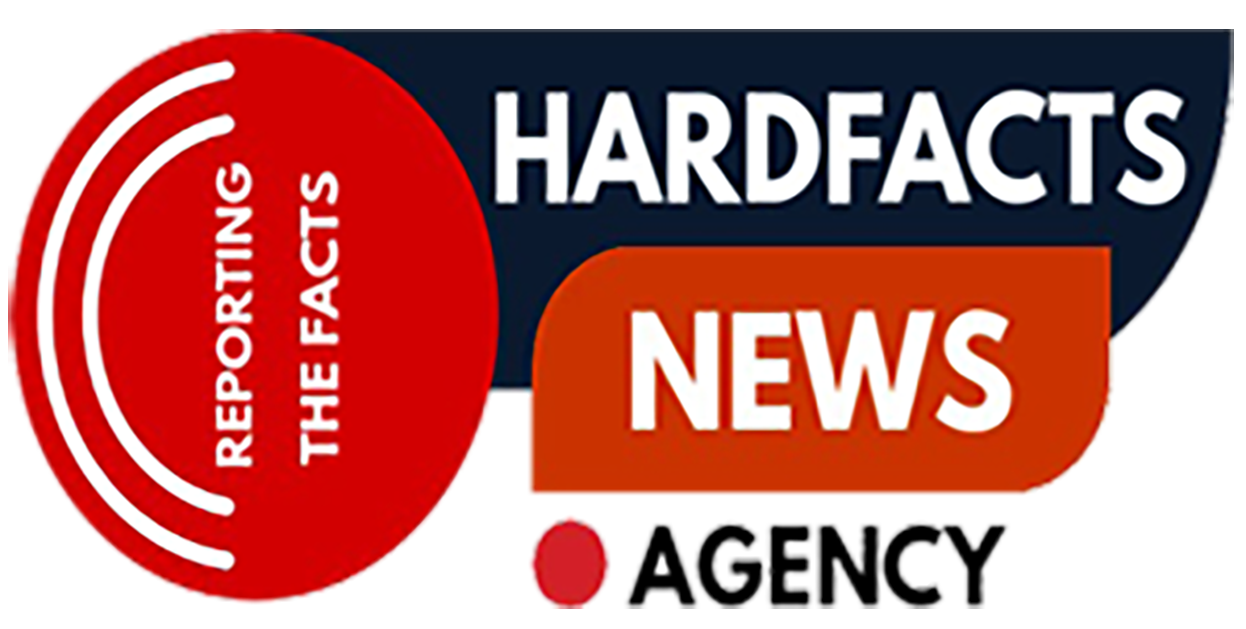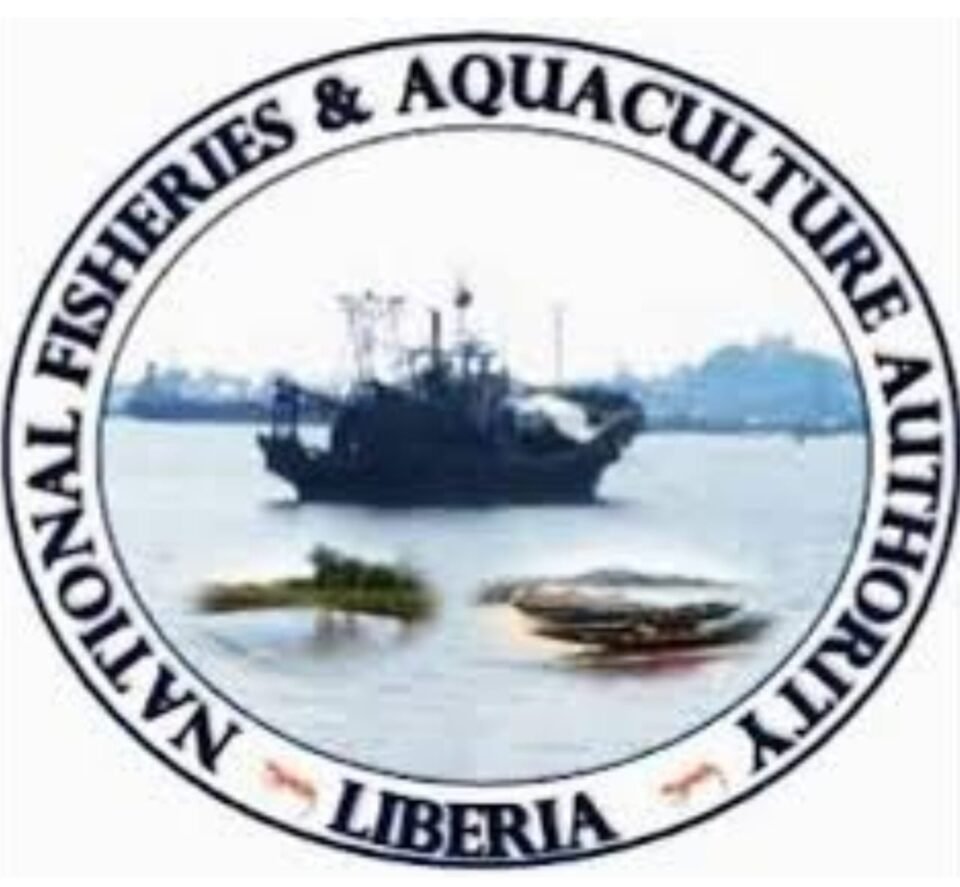Liberia has taken a significant step towards enhancing fisheries governance by joining the Fisheries Transparency Initiative (FiTI).
This commitment demonstrates the country’s political will to improve transparency and participation for the benefit of a more sustainable management of its marine fisheries.
The commitment was formalized by signing a Memorandum of Understanding (MoU) between Liberia’s National Fisheries and Aquaculture Authority (NaFAA) and the FiTI.
This agreement establishes a collaboration framework to coordinate activities related to enhancing the transparency of fisheries management in Liberia through the implementation of the FiTI Standard.
The FiTI Standard is the only internationally recognized framework that defines what information on marine fisheries management should be published online by national authorities.
Its objective is to contribute to the sustainability of marine fisheries by increasing the availability, accessibility, credibility, and usability of national fisheries management information. Liberia is endowed with rich demersal and pelagic fishery resources, which support food and nutrition security, employment and livelihoods for thousands of people, and government revenues. However, the sector is facing several challenges. For example, despite its huge natural resources, including some of the richest fishing grounds in the world along its 579 km coastline, fish consumption in Liberia is among the lowest in West Africa.
A policy brief published by the University of Liberia and Conservation International in 2023 recommended, inter alia, that Liberia must make efforts to strengthen transparency in fisheries management by increasing access to data and information.
The FiTI has commended the Republic of Liberia’s commitment to join the FiTI.
According to Mr. Sven Biermann, FiTI’s Executive Director, “We are delighted to see that under NaFAA’s new leadership, Liberia is committed to taking an active role in improving the governance of its fisheries sector. Transparency and participation are not only the bedrocks of good fisheries governance; it also deepens the understanding of the important nature of the fisheries sectors, as well as the Page | 2 challenges that exist. We look forward to support Liberia’s stakeholders in making its fisheries management more transparent and inclusive and promoting informed public debates on fisheries policies.”
NaFAFA’s Acting Director General, J. Cyrus Saygbe Sr., emphasized the strategic importance of this collaboration with the FiTI, stating, “As Acting Director General of the National Fisheries and Aquaculture Authority (NaFAA), we are proud to affirm Liberia’s commitment to greater transparency and accountability in the fisheries sector through our engagement with the Fisheries Transparency Initiative (FiTI). By joining FiTI, Liberia is taking a significant step toward ensuring that information about our fisheries governance, including policies, laws, management practices, and access agreements, is publicly available and accessible to all stakeholders.’’
This commitment enhances trust, promotes sustainable resource management, attracts responsible investment, and empowers coastal communities by involving them more meaningfully in the stewardship of our marine resources.
Through FiTI, Liberia aims to set a strong example of open and inclusive governance in West Africa’s fisheries sector”.
The FiTI is welcoming Liberia among the growing list of countries that globally improve transparency in marine fisheries to ensure the sustainability of this vital natural resource.


